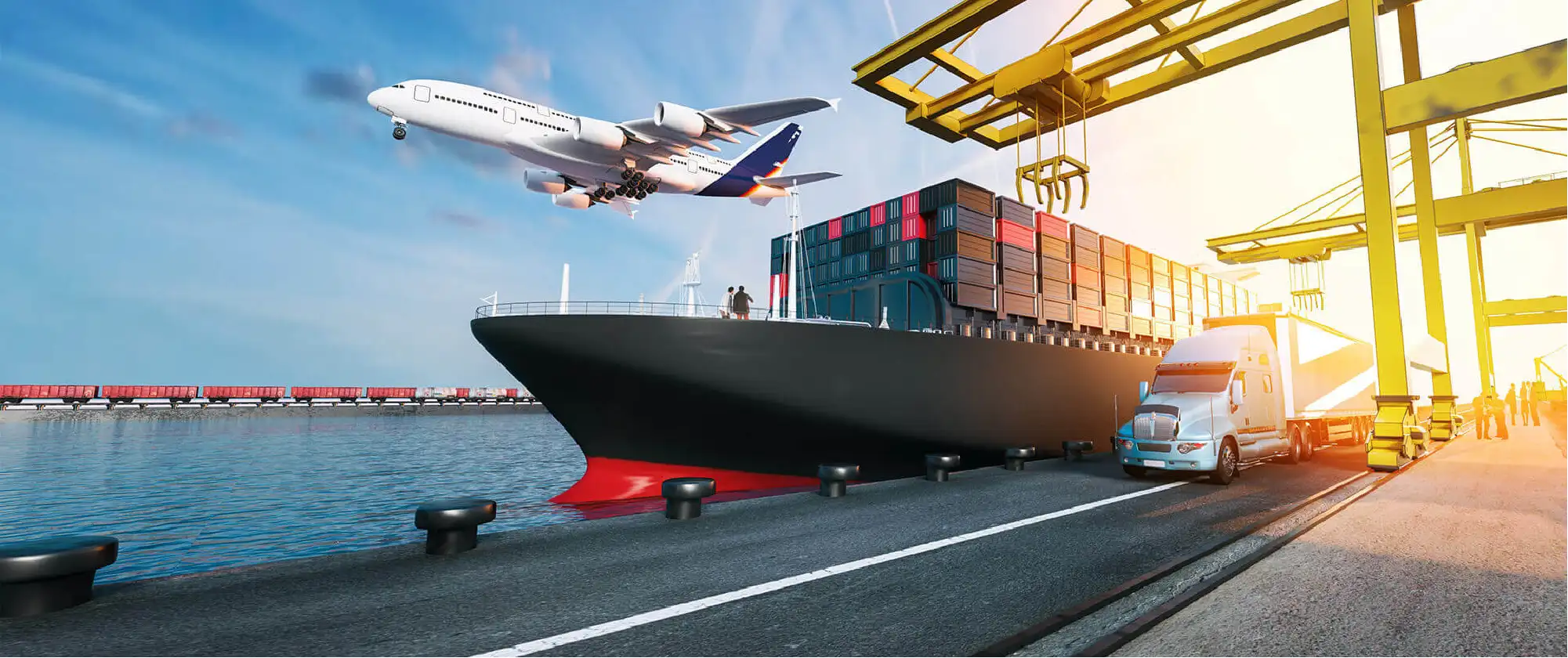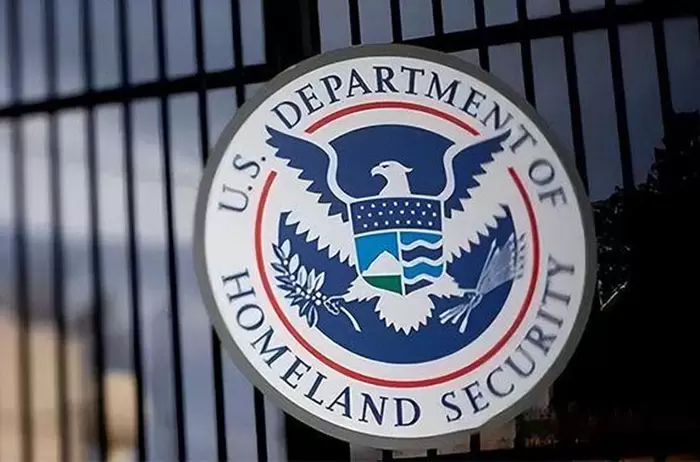Transportation plays a pivotal role in our daily lives, facilitating the movement of people and goods across various distances. However, it is not uncommon to encounter transportation problems that hinder efficiency, disrupt schedules, and impact economic growth. In this forum post, we will delve into the underlying reasons behind the transportation problem, exploring its multifaceted nature and shedding light on potential solutions.
- Inadequate Infrastructure:
One of the primary causes of the transportation problem is the presence of inadequate infrastructure. Insufficient road networks, outdated railway systems, and congested airports can lead to delays, increased travel times, and compromised safety. Additionally, population growth and urbanization further strain existing infrastructure, exacerbating the problem. - Congestion and Traffic:
Congestion and traffic congestion are major contributors to the transportation problem. Rapid urbanization, coupled with a surge in private vehicle ownership, has resulted in overcrowded roads and highways. Traffic congestion not only leads to wasted time and increased fuel consumption but also negatively impacts air quality and public health. - Inefficient Public Transportation:
The lack of efficient and reliable public transportation systems is another aspect of the transportation problem. Inadequate coverage, limited routes, and irregular schedules discourage people from utilizing public transportation, leading to increased reliance on private vehicles. Improving public transportation infrastructure and services can help alleviate congestion and reduce the overall transportation problem. - Inadequate Freight Logistics:
Efficient movement of goods is crucial for economic growth and trade. However, inadequate freight logistics contribute to the transportation problem. Inefficient supply chain management, lack of intermodal connectivity, and limited warehousing facilities result in delays, increased costs, and reduced competitiveness. Enhancing freight infrastructure and implementing advanced logistics systems can address these challenges. - Environmental Impact:
The transportation problem also has significant environmental implications. The reliance on fossil fuels for transportation contributes to air pollution, greenhouse gas emissions, and climate change. Transitioning to sustainable transportation alternatives, such as electric vehicles and improved public transportation, can mitigate these environmental concerns.
Conclusion:
The transportation problem is a multifaceted issue that stems from inadequate infrastructure, congestion, inefficient public transportation, inadequate freight logistics, and environmental impact. Addressing these challenges requires a comprehensive approach involving investment in infrastructure, promotion of sustainable transportation, and effective policy implementation. By recognizing the complexities of the transportation problem, we can work towards creating a more efficient, sustainable, and accessible transportation system for all.



